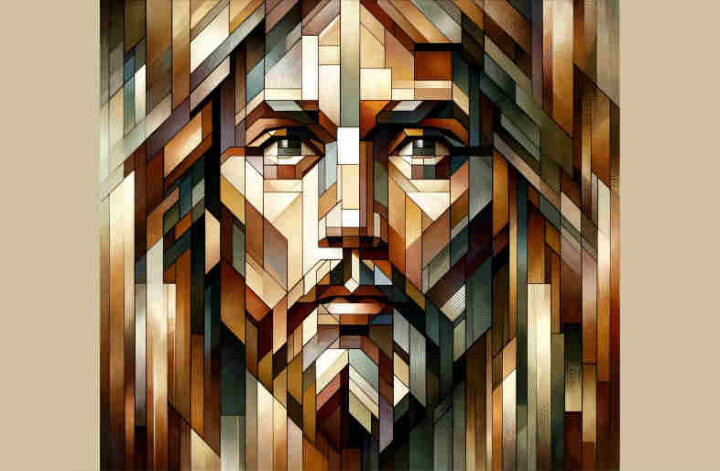Dear Theophilus,
As an animal lover and a person of faith, I’ve often wondered about the fate of our beloved pets after they pass away. Specifically, do Christians believe that dogs go to heaven?
Best,
Madison
Heaven and Animals According to Christian Theology
Dear Madison,
The question of whether dogs or any animals go to heaven is one that many Christians have pondered over the years, and it touches on broader theological themes concerning the new creation and the scope of God’s redemptive plan.
Scriptural Insights on Animals
Scripture does not provide a definitive answer to the question of animals in heaven. However, there are passages that affirm the goodness of all God’s creation and speak of a future where creation will be liberated from its current state of “bondage to decay” (Romans 8:21-22). These passages suggest a harmonious existence for all creation in the presence of God.
Diverse Christian Perspectives
Among Christians, views on this matter vary. Some hold that heaven is reserved for beings with a moral conscience, namely humans, who are capable of salvation through Jesus Christ. Others believe that since animals are part of God’s creation and He cares for them, they too will be part of the renewed creation that God will bring about in the fullness of time.
Theological Considerations on the Afterlife
Some theologians speculate that if the presence of animals, including pets like dogs, serves to enrich the joy and happiness of humans in heaven, it is possible that they could be included in God’s ultimate plan. This perspective often cites the relationship between humans and animals in the Garden of Eden as a picture of the peace and harmony that could be restored in the new creation.
The Essence of Christian Hope
It is essential to recognize that the core Christian hope is not necessarily about the specifics of who or what is in heaven, but rather the promise of restoration and eternal fellowship with God. The salvation story is primarily focused on human sin, redemption, and the hope of eternal life with God.
Conclusion
While the Bible does not give a precise account of the eternal destiny of animals, the Christian faith encourages a trust in the goodness and fairness of God. Many find comfort in the belief that God’s love for His creation suggests a divine care for animals that transcends our understanding.
In your love for God’s creatures, may you find peace in the assurance of His love for all He has made.
In Christ’s peace,
Theophilus


